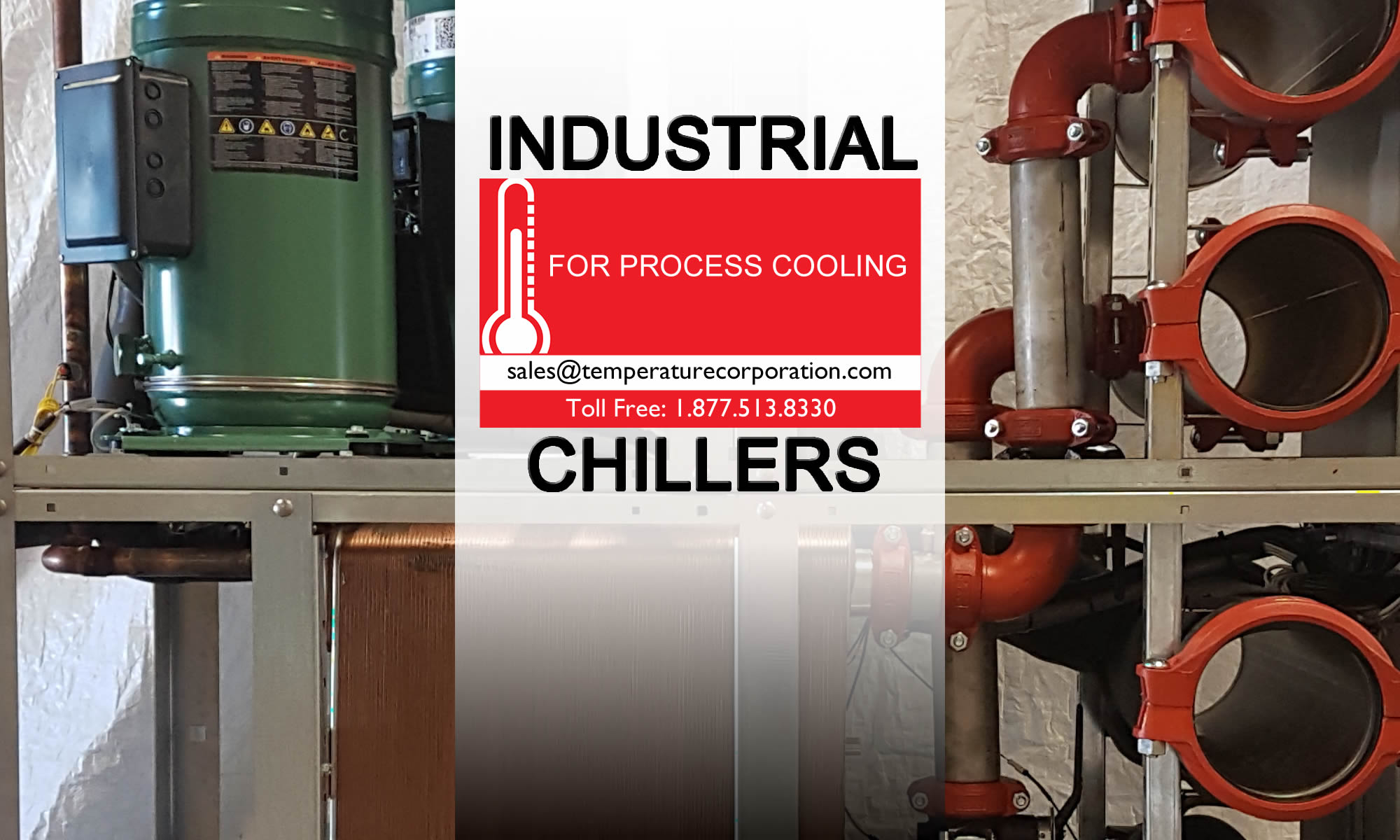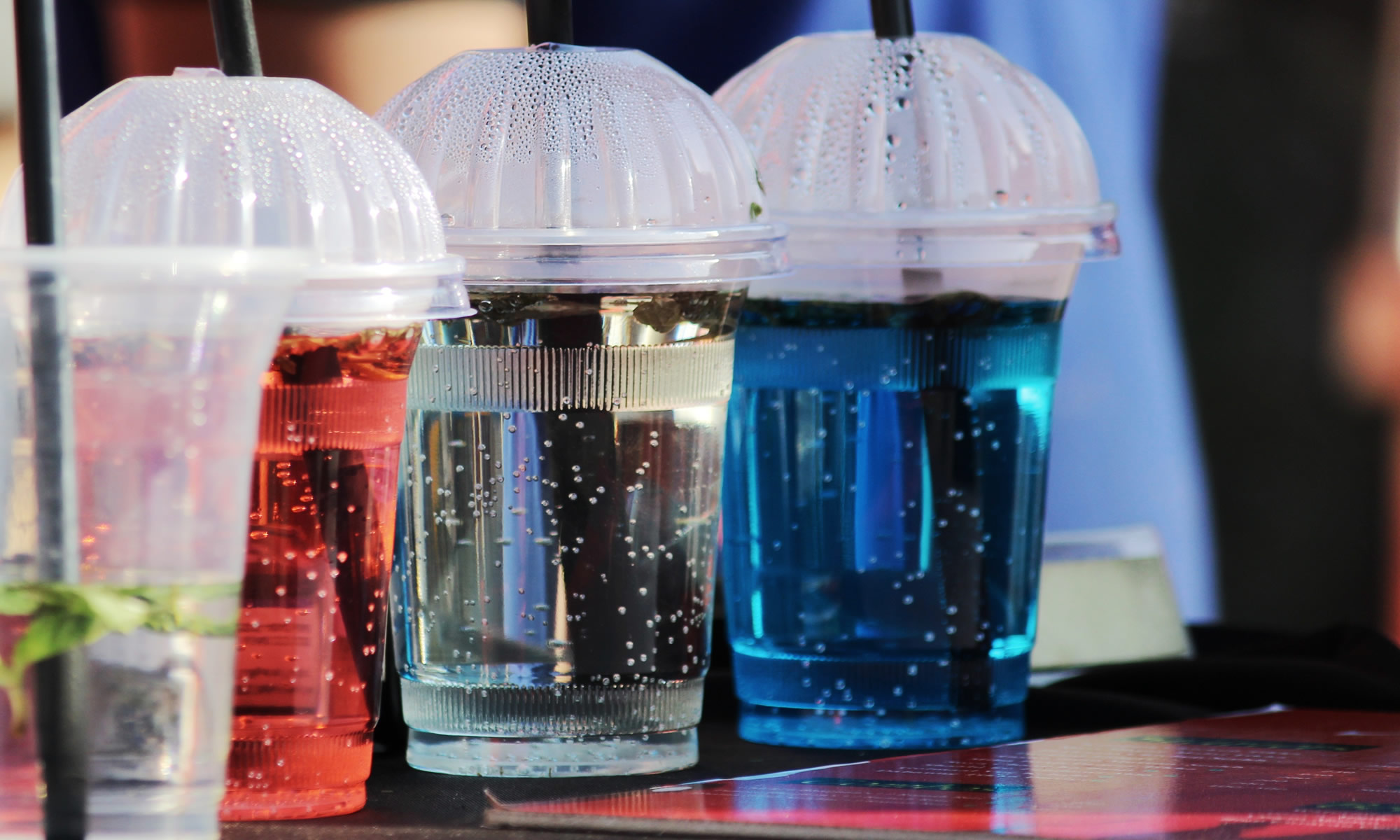Temperature Corporation manufactures chillers including water and air cooled chillers for the plastics industry. In the plastics industry, where future expansion is inevitable but unpredicatable, it important to choose a cooling system that can be expanded quickly and without interupting the process.
Because our chilling systems can be expanded within a matter of hours and without interupting the process, our modular chillers are quickly becoming the cooling equipment of choice for the plastic processor. With the right planning, proper maintenance and water supply, our chillers offer the plastic processor years of reliable service.
The Plastics Cooling Process
The making of plastic requires a huge amount of heat and the transfer of that heat from the plastic and the plastic process equipment. When heat is added to the plastic resin so it can be easily formed and removed from the formed part, finding the most efficient way to transfer the heat will maximize your productivity and improve your bottom line. A portable chiller is the best way to do this.
During the process of making plastic, a portable chiller cools the hot plastic that is injected, blown, extruded or stamped. A complete chilling system can also cool down the plastic process equipment that is used to create plastic products, i.e., hydraulics of the molding machine, gear box and barrel of the extruder, saving on energy and on the wear and tear of the machine itself. For these two reasons, finding the best portable chiller for your plastic process requires careful consideration.
Selecting the Right Plastic Process Chiller
There are two types of chillers for removing heat from the plastic process: air and water cooled chillers. First, because both transfer heat to the surrounding area, the environment in which they function must be suitable. While air cooled chillers must be located in an open, well-ventilated space to avoid overheating and should not be used where the ambient air temperature exceeds 95°F (35°C), water cooled chillers, can be operated anywhere as long as they are supplied with 85°F cooling tower water to carry away the heat. Second, the size of the chiller has to meet the required output of the proecess. For example, a ton of capacity is defined as the capability to extract or reject 12,000 BTUs per hour. A 5 ton chiller, therefore, can reject 60,000 BTUs per hour. If you have an injection molding process that is producing 120 lbs of HDPE per hour, a 4 ton chiller should be selected for the job. Chillers with scroll compressors and brazed plate evaporators come highly recommended. While scroll compressors have fewer moving parts, are more rugged and durable than their reciprocating piston-type counterparts, brazed plate evaporators allow for better use of valuable plant floor space. Advanced computerized control, and stainless steel construction reduce corrosion and water contamination are other features worth considering.

